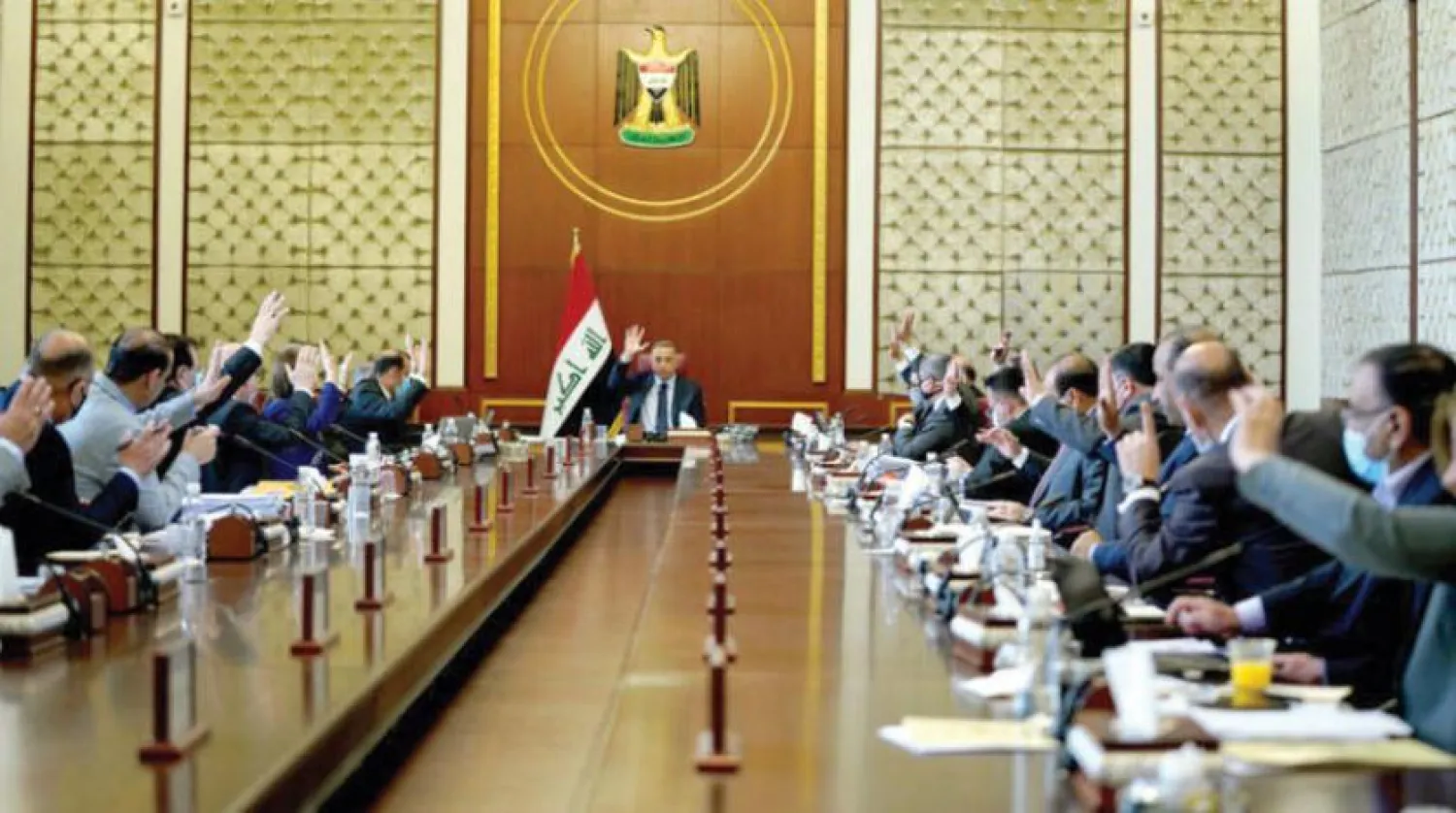Iraqi Shiite blocs are divided over Prime Minister Mustafa al-Kadhimi's call for a national dialogue to solve the differences among the country’s rival groups.
Head of Iraqis coalition Ammar al-Hakim announced his support for the dialogue, and so did the leader of Nasr alliance, former Prime Minister Haider al-Abadi.
However, Iran affiliates such as the State of Law Coalition, led by Nouri al-Maliki, and Fatah alliance of Hadi al-Amiri refrained from declaring their position.
Head of Sadrist Movement Muqtada al-Sadr said he supports the call for dialogue, and his spokesman Haidar al-Jabri called to activate a UN-led dialogue on reforms.
Speaking at a press conference, Jabri said the dialogue should exclude parties affiliated with the Baath party or terrorist organizations, without clarifying the nature of the UN’s role.
On Monday, Kadhimi asked rival parties and groups to put their differences aside and work together toward a stable and prosperous Iraq.
He invited all rivals to open a frank dialogue with the government on the basis of preserving the security of Iraq, supporting the state, and the rule of law.
He invited all political parties, protesters, and opposition figures to the dialogue table.
Kadhimi’s advisor Hussein Allawi confirmed that the Prime Minister’s initiative will be a platform for national dialogue.
Allawi is a member of the advisory team set to determine the mechanisms for the dialogue, the parties included, and the date of the first meeting.
He told the official Iraqi News Agency (INA) that the all-party talks are very important to revitalize the political process and support the Iraqi state.
Allawi added that the initiative was welcomed by the national components, social forces, and the Iraqi public.
“The national dialogue is a process of pushing Iraq towards a new political contract for social harmony,” said Allawi.
He pointed out that the initiative is a platform that brings together the vision of the executive authority promoted by the President, who also supports the initiative of the Prime Minister.
Kadhimi will work with the political parties to produce the new political contract of Iraq for a new public policy and economic approach while addressing issues of corruption, poverty, and unemployment.
Allawi stressed that the dialogue will also address the issue of illegitimate arms.
Iraq has now a great opportunity to avoid futile political rivalry that has hindered economic development and the ability to attract foreign investments, according to Allawi.









